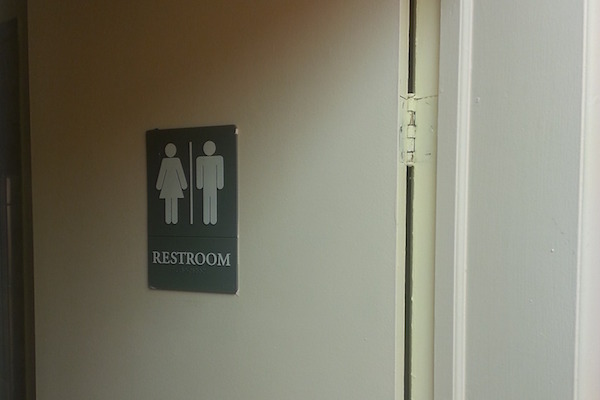UTI? Or Painful Bladder Syndrome? | Tennessee Valley Urology Center

Urinary tract infections (UTI) are very common. In fact, 1 in 5 women will get a UTI at some point in their life. Anyone who’s had a urinary tract infection in the past knows the burning sensation and constant feeling of needing to go to the bathroom. What you may not know is that some of the symptoms of a UTI are very similar–or even the same–as the symptoms women experience when they have interstitial cystitis (painful bladder syndrome). Tennessee Valley Urology Center wants to help clear up any confusion between the two conditions.
Urinary Tract Infection
A UTI is an infection of the urinary tract. It most commonly affects the bladder and urethra. If bacteria enters into the urethra and travels to the bladder, a UTI can occur. When you have a UTI, your bladder lining also gets red, swollen and inflamed.
The most common symptoms of a UTI include:
- Urinary urgency, or the feeling that you need to urinate more often than usual.
- When you run to the bathroom, you may only be able to urinate just a few drops.
- Feeling a burning sensation when urinating.
- Abdominal pain, pelvic pressure or lower back pain.
- Urine with a reddish or dark orange tint, which signifies blood in the urine.
- Cloudy urine that has a foul odor.
- Fever and chills.
Chronic UTIs? Here’s what you should know.
Interstitial Cystitis
The pelvic health condition interstitial cystitis (IC) is also known as painful bladder syndrome. This syndrome affects about eight million women in America. This is a chronic inflammatory condition of the bladder lining which causes pain and pressure in the pelvic area around the bladder.
Symptoms of IC are often similar to the symptoms of UTI:
- Pain in the bladder and pelvic region
- Painful urination
- The urgent and frequent need to urinate, even if the bladder is not full
What’s the difference?
The main difference between the two conditions is that there will be no bacteria found in the urine with IC, whereas bacteria will be present in a UTI. Also, women may have pain during sexual intercourse if they have painful bladder syndrome.
Learn more about the treatments for painful bladder syndrome here.
If you suspect you have a UTI or interstitial cystitis, your urologist can help you reach a proper diagnosis. They can rule out a UTI with a simple urine test. If IC is suspected, your doctor will begin testing for other conditions that cause the same symptoms and come to a diagnosis of IC once those other causes are ruled out. Contact the friendly urologists at Tennessee Valley Urology Center today to make your appointment.
